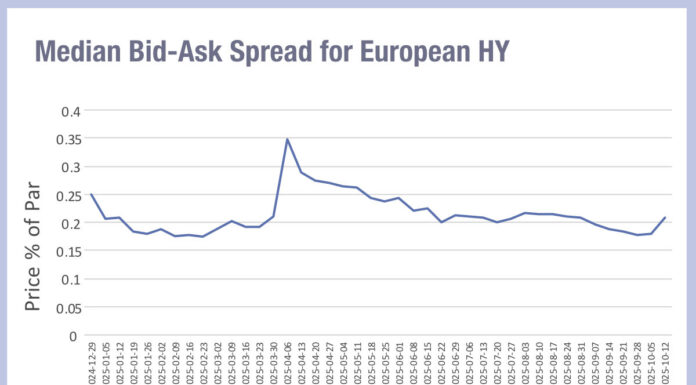By Pia Hecher.
US market regulator the Securities and Exchange Commission (SEC) amended its Securities Exchange Act on 20 August 2018, to enhance disclosure of municipal security issuers financial situation and liquidity.
“Disclosures required by these rule amendments will better equip investors and intermediaries to make informed investment decisions about municipal securities,” said SEC chairman Jay Clayton.
The Securities Exchange Act demands brokers and municipal securities dealers, which function as underwriters in primary offerings, to ensure that issuers inform the Municipal Securities Rulemaking Board (MSRB) about certain events in advance.
Adding new events that require notification to the act, the two amendments concern material financial obligations that affect the liquidity of issuers and could in turn impact security holders. The term “financial obligations” refers to debt obligations and related derivative instruments.
These recent adjustments include incidences that imply financial difficulties, such as the incurrence of a material financial obligation; remedies; default and change of terms. MSRB must be notified within ten business days of such an event, while the amendments will take effect 180 days after their publication in the Federal Register.
The SEC’s measures occur against the backdrop of growing numbers of issuers that are choosing private placements over public offerings of municipal securities, developments that started in 2009. As a result, SEC identified a demand for more timely disclosure. Its press release on the new amendments noted that in the beginning of 2018, individuals held around US$2.567 trillion of outstanding municipal securities.
The SEC decided against taking measures to enhance transparency around trading liquidity earlier this year, based on advice by the Transparency Subcommittee of SEC’s Fixed Income Market Structure Advisory Committee (FIMSAC). It had consulted municipal bond market professionals, who were worried that the suggested steps would impair transparency.
The Transparency Subcommittee had considered changing trade dissemination time or masking rules but ended up discarding a recommendation for a block trade dissemination pilot. Leading up to this decision, professionals from the buy-side and sell-side claimed that they were satisfied with municipal bond market liquidity, concluding that existing rules worked well.
Due to the complexity of shorting and hedging municipal bonds, participants did not think that changing trade dissemination time or masking rules would lead dealers to take on more risks during times of market stress.
Arguing that the suggested changes would in fact damage liquidity, the market professionals interviewed by the Transparency Subcommittee were opposed to any modifications that would negatively impact transparency in the municipal bond market.
©Markets Media Europe 2025













